Melting the ice is a good first step
by: Lilly Grigsby
Ok, I get it. Icebreakers are awkward. You never have a good enough fun fact or an adjective that rhymes with your name. But, love ‘em or hate ‘em, icebreakers actually serve a greater purpose. The benefits are two-fold. Icebreakers connect you with your classmates, but more importantly, to students, they also postpone the start of class.
Take the cup stacking ice breaker as an example. Everyone holding a string tied to one rubber band, trying to move a red solo cup, seems simple. Until all the cups end up on the floor after two minutes. But while you’re working with a group of people you don’t know, slowly but surely, a bond is formed.
When this challenge is made into a competition, it creates a psychological phenomenon called “in-group favoritism.” Basically, if there’s a clear us vs. them, you view your “side” as much more favorable. Now, suddenly, after five minutes of poorly stacking cups, you are now bonded with a random group of people. These little connections have a big ripple effect. If you feel more comfortable with just a few more people in your class, you’ll be more comfortable speaking up in class, probably boosting your participation grade. So yeah, initially, icebreakers are gonna be pretty awkward, but they will make you more confident in class in the long run.
Even if you’re still not eagerly jumping at a chance to share your favorite cereal, we can all admit one thing: Icebreakers ease us into the school year. If you walked into math on day one and immediately had to start taking notes, half the class would email their counselor to drop right away. The first few days are negative enough. Trying to break into your own locker, elbowing your way through cross hall, or climbing four flights of stairs in two minutes flat, real school work would be the cherry on top. Everyone is stressed and anxious enough without having hours of AP homework. After two months of being on a different sleep schedule, whether that be waking up at 5 a.m. for work, or sleeping in until 2 p.m., back to school leaves us feeling run over. Australia’s government publicized a story that decreasing the amount of sleep you get decreases your ability to focus, your academic performance, and both your physical and mental health. AKA not the perfect time to be overwhelmed with classwork. The ability to ease back into the school year and get into a schedule without staying up late with stats homework is essential.
So yes, ice breakers help you work better as a class, increase your grade, and help you get into a new routine, but above all, it’s your teacher trying their best. We’re not the only ones trying to make a good impression the first few days; Our teachers are using all the TikTok lingo they’ve learned over the summer and just trying to make their classes smile. Sure, sometimes it’s cringey, but icebreakers aren’t the death sentence we act like they are.
Next time you have to scramble to think of adjectives that match all the letters of your name, think about the long-term benefits. And maybe, just maybe, think about maybe even having some fun.
Icebreakers only freeze connections
by: Lola Babinski
It’s the first day of school, the classrooms are essentially saunas, the sun has barely even risen, it’s only first period, and we’re already doing icebreakers. I’m trying to make conversation with the person standing in front of me, but I can’t pull more than one word out of him, and now I’m just watching the clock, watching the seconds tick by until second period, where I’ll likely be doing the same exact thing again.
If everyone dreads them, why do we do icebreakers? It would be better if we just skipped over the icebreakers altogether.
Firstly, there are other ways to meet people. Oftentimes, after being put in a group and working together, people will bond automatically, and if they don’t, then it probably just wasn’t meant to be. We all had that one lab group in science class where everyone hit it off perfectly, and absolutely no work got done. That group dynamic wasn’t formed by icebreakers; it was formed naturally by people getting to know each other through shared experience. It definitely wasn’t formed by everyone knowing each other’s third favorite color. No one bonds over a third favorite color.
To add to this, icebreakers don’t give us the information we need to truly get to know someone. In fact, it’s hard to even come up with such a question. The only way to really get to know someone is through spending time with them. Icebreakers ask very superficial questions like what someone’s favorite season is, how they would describe themselves, or what their favorite subject is. Very minimal conversation can be made over these questions; the best way to make a friend is through shared experiences. Spending five seconds asking someone what their favorite food is isn’t going to make me any more comfortable with them.
Also, icebreakers are essentially pointless in large groups, especially in a classroom of 20, to sometimes even 30, people. In a class where each period all that’s happening is the teacher giving a lesson and the students sitting there and taking notes, what’s the point of icebreakers? Icebreakers can be helpful in small group situations where everyone is talking to each other and working together. In that case, some sort of preliminary interaction could be helpful to loosen some tension and make things more comfortable. But in such large classes with little to no conversation between the students, learning each other’s favorite animal is completely unnecessary and just makes the first day of school even more awkward.
Icebreakers take up time and drain social batteries. They don’t bring people closer; they only serve as a surefire way to make the first days of school full of awkward silences, thinking about the least embarrassing answer for what your favorite song is, and wishing you were doing anything else, even if that meant just listening to the teacher drone on about the syllabus. So it’s better that we just drop the old ritual of breaking the ice.



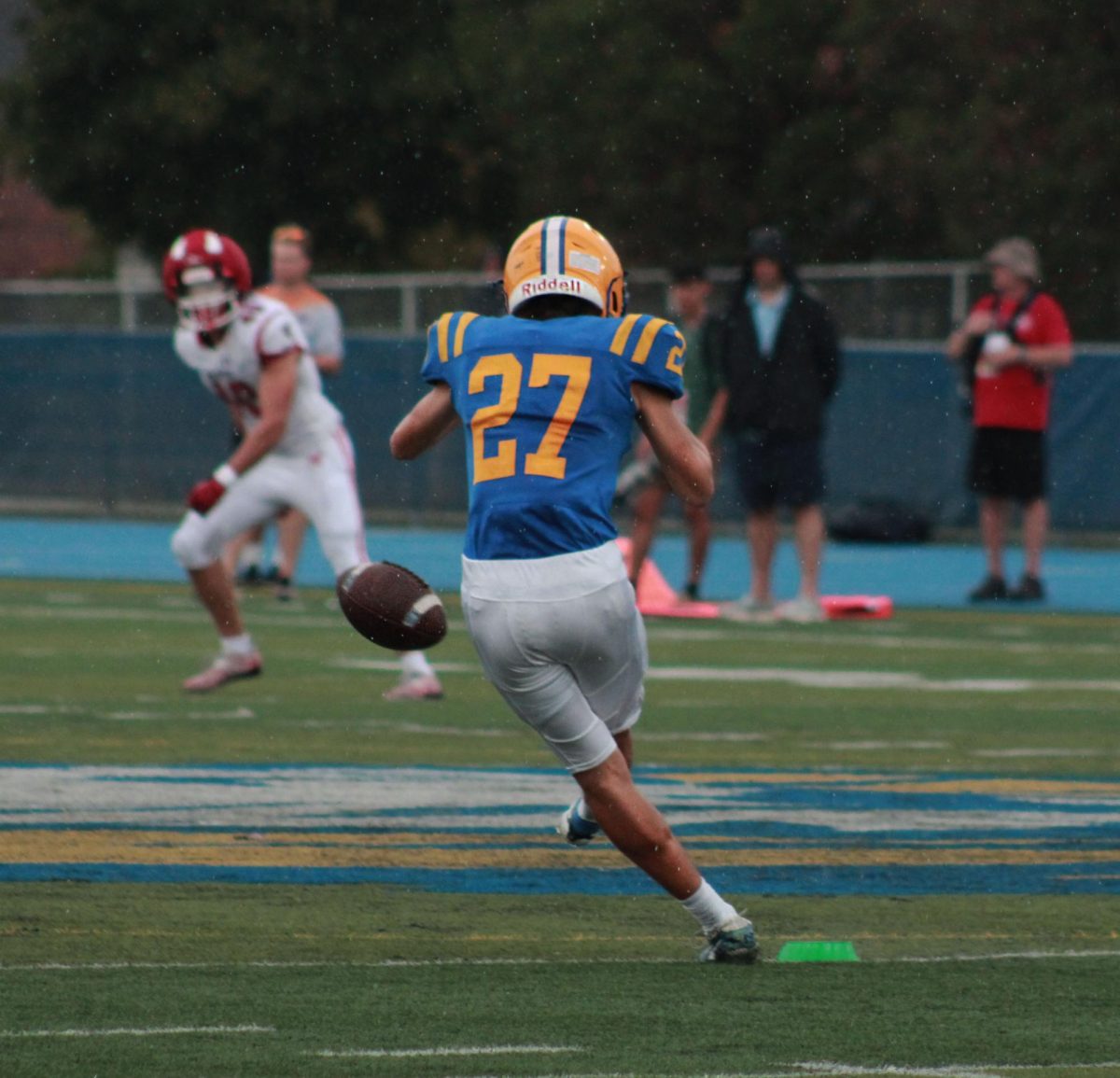
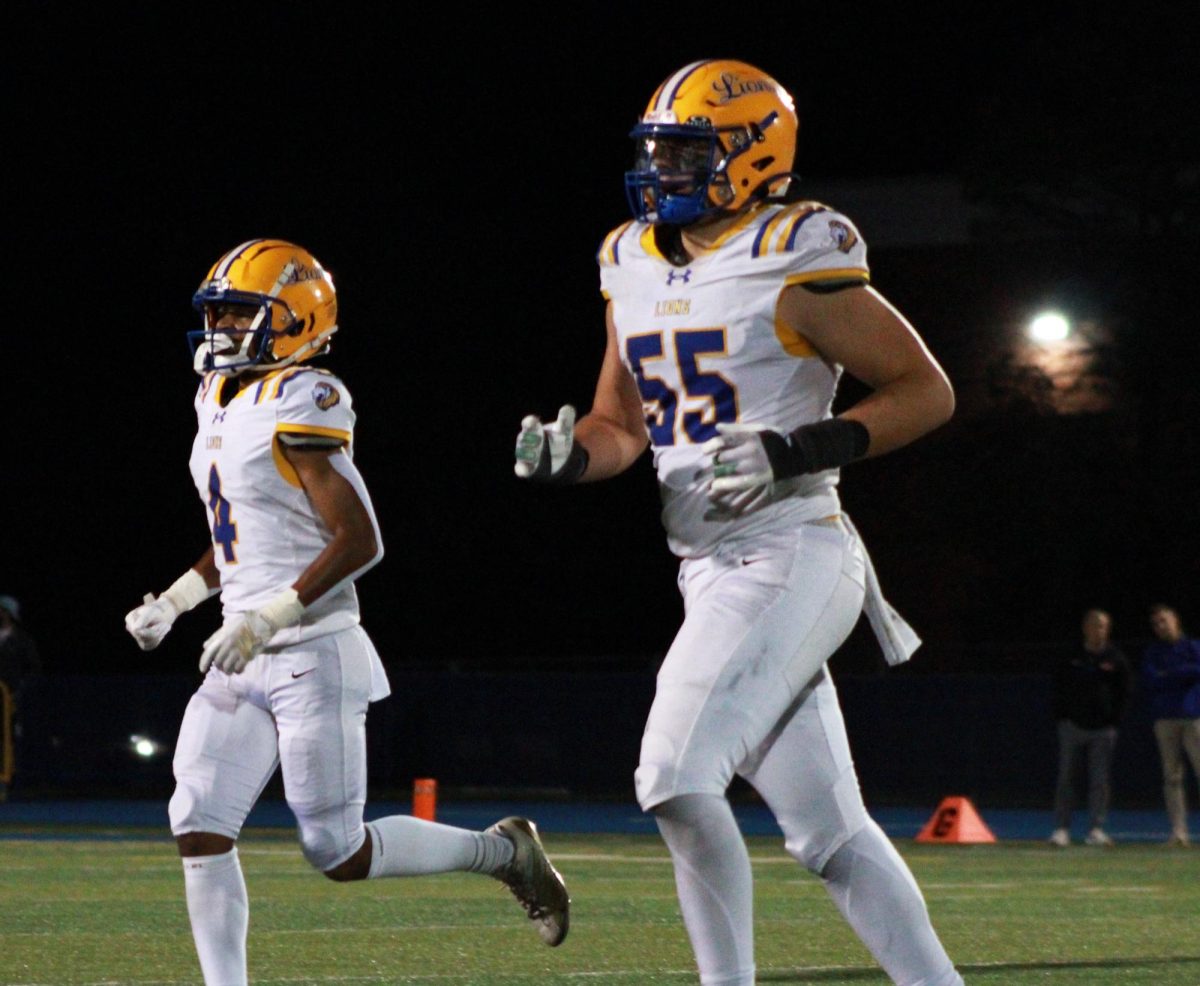
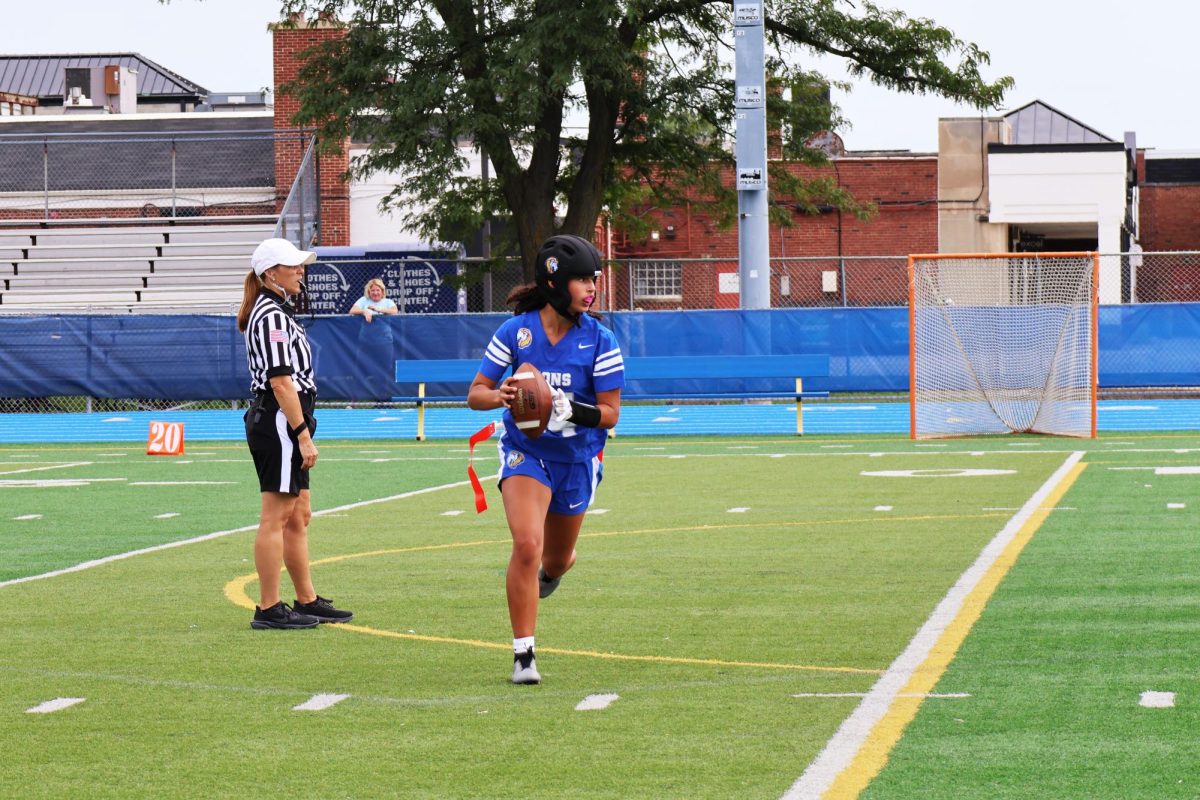
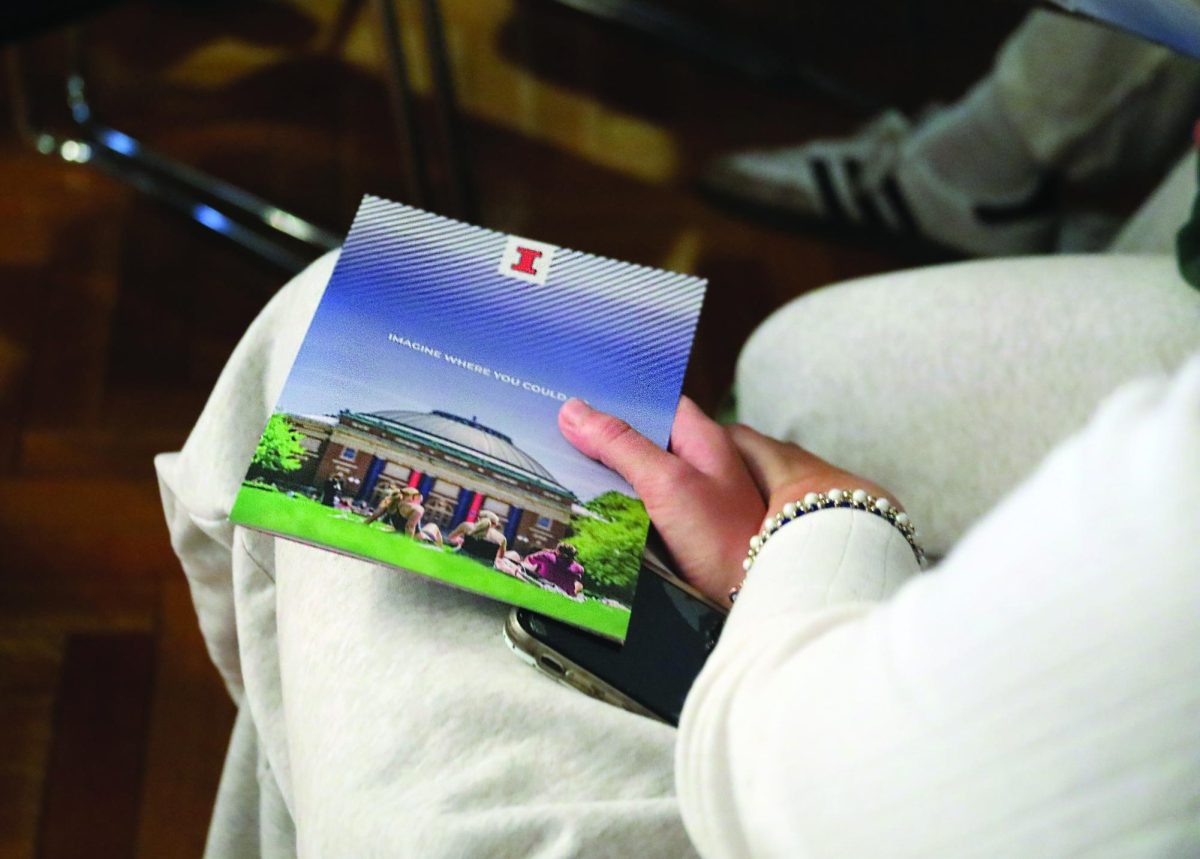
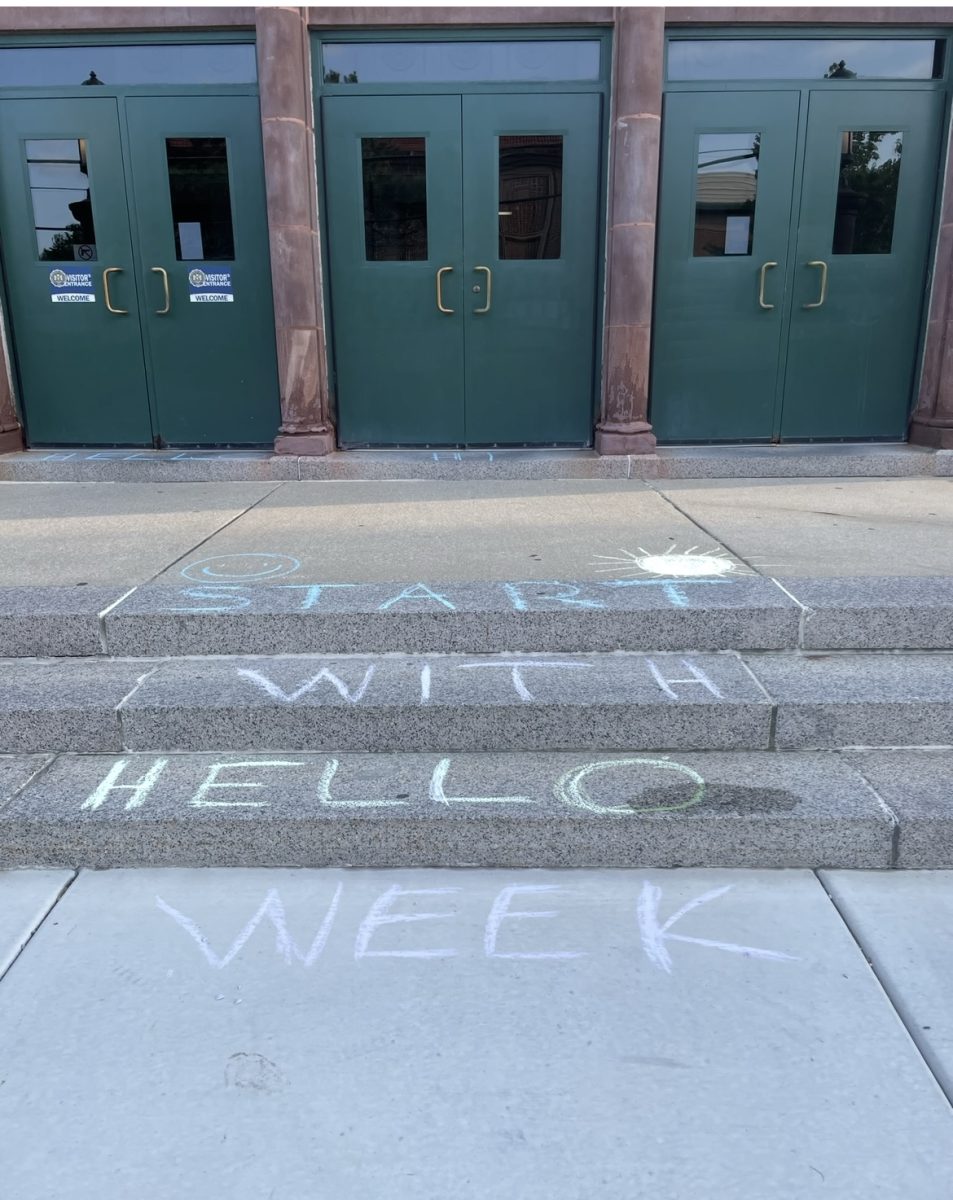

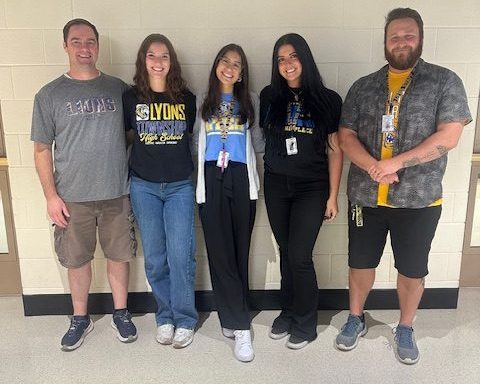
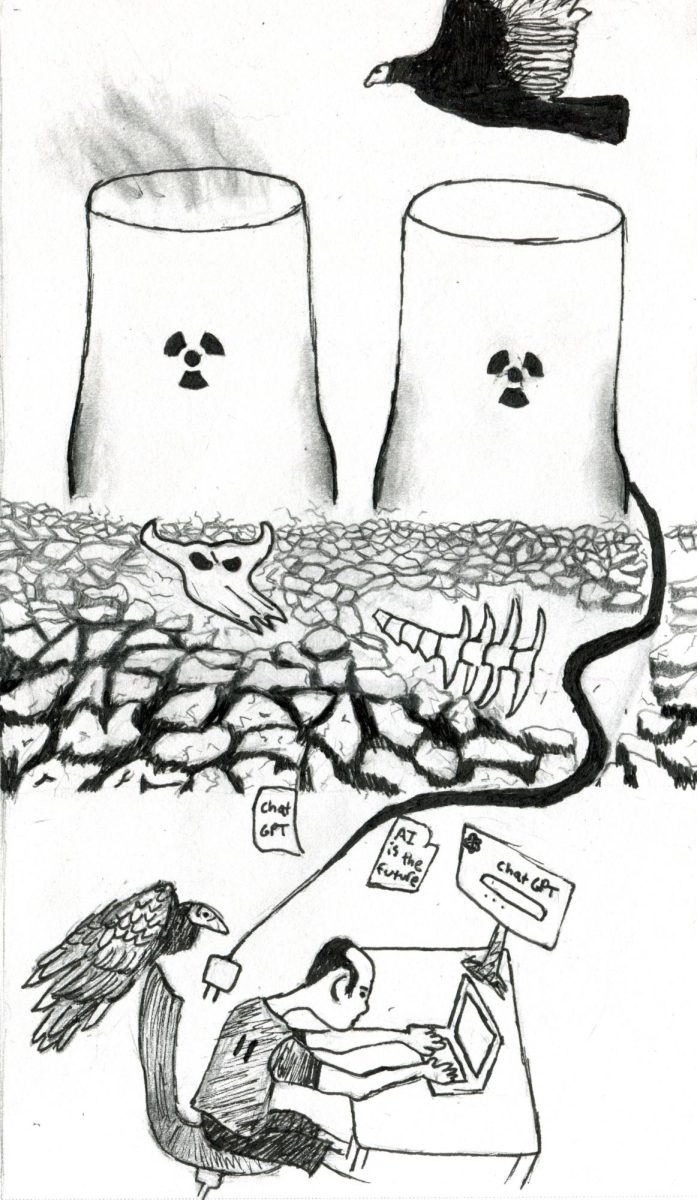
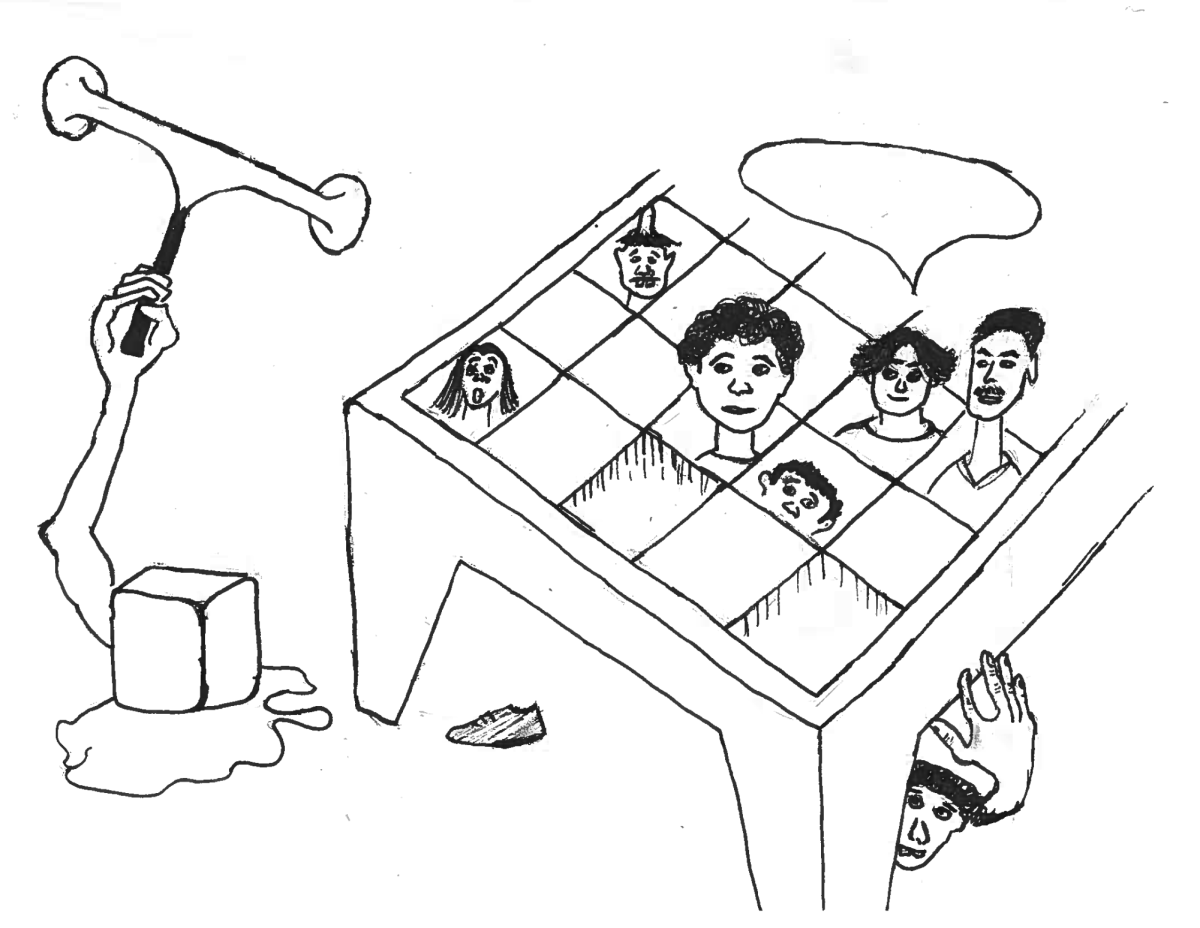
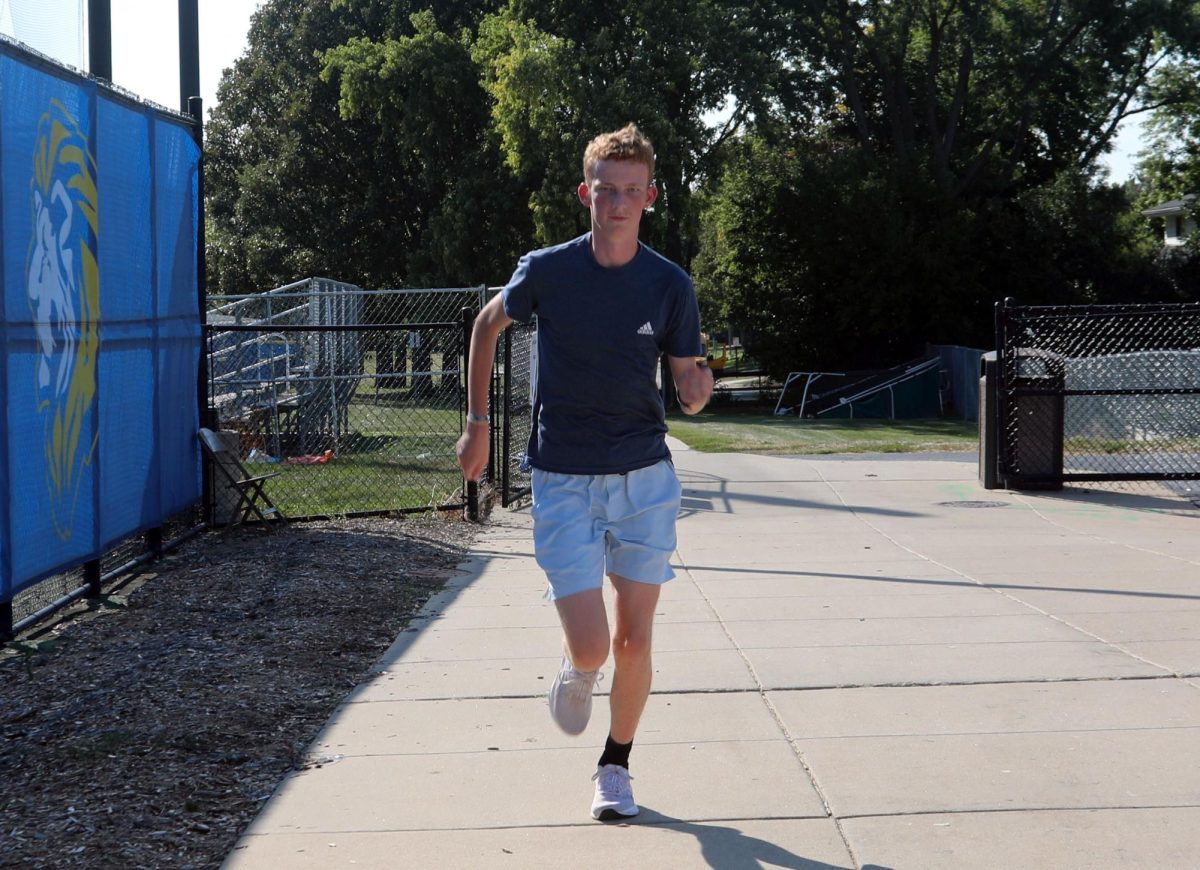
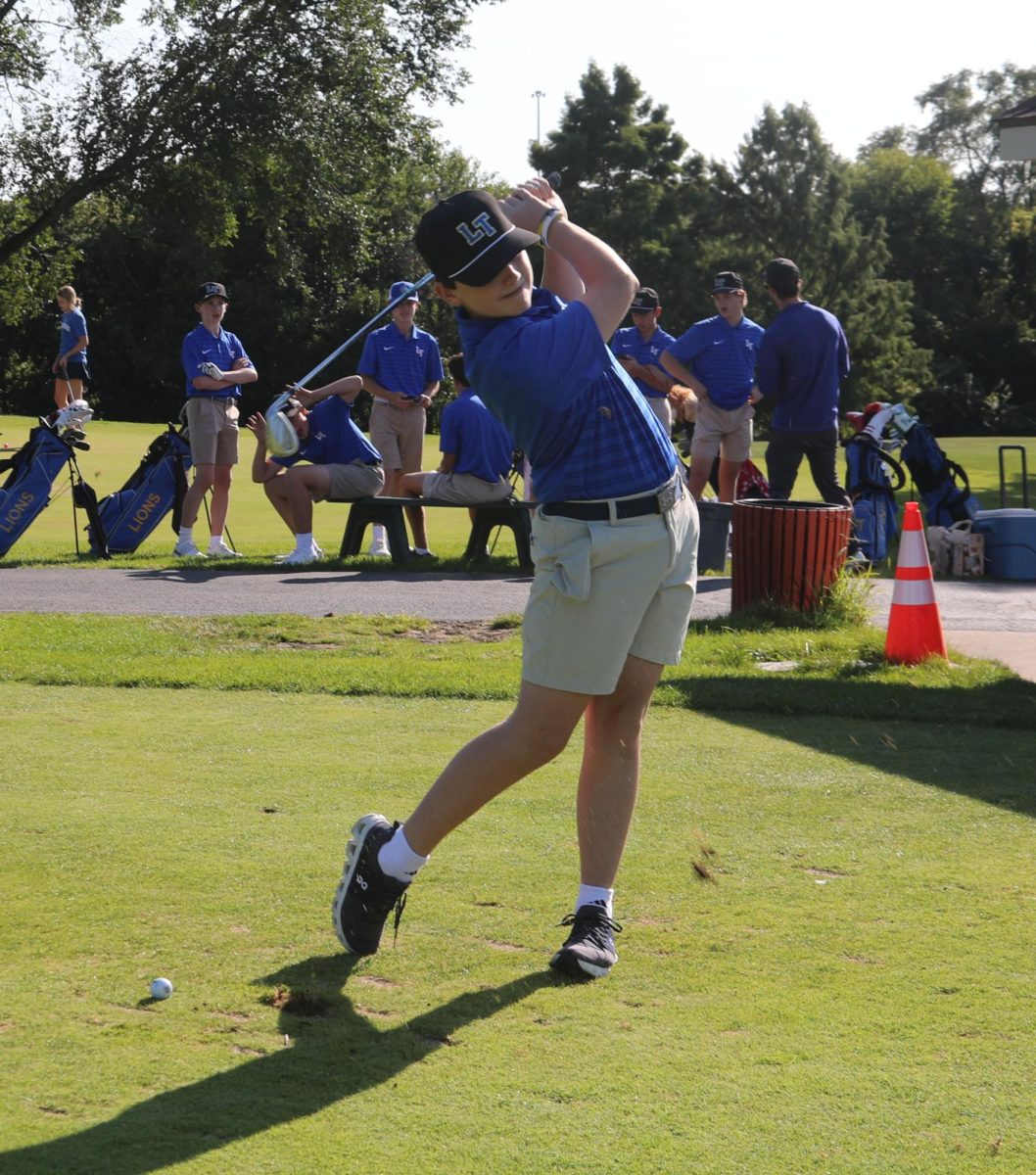
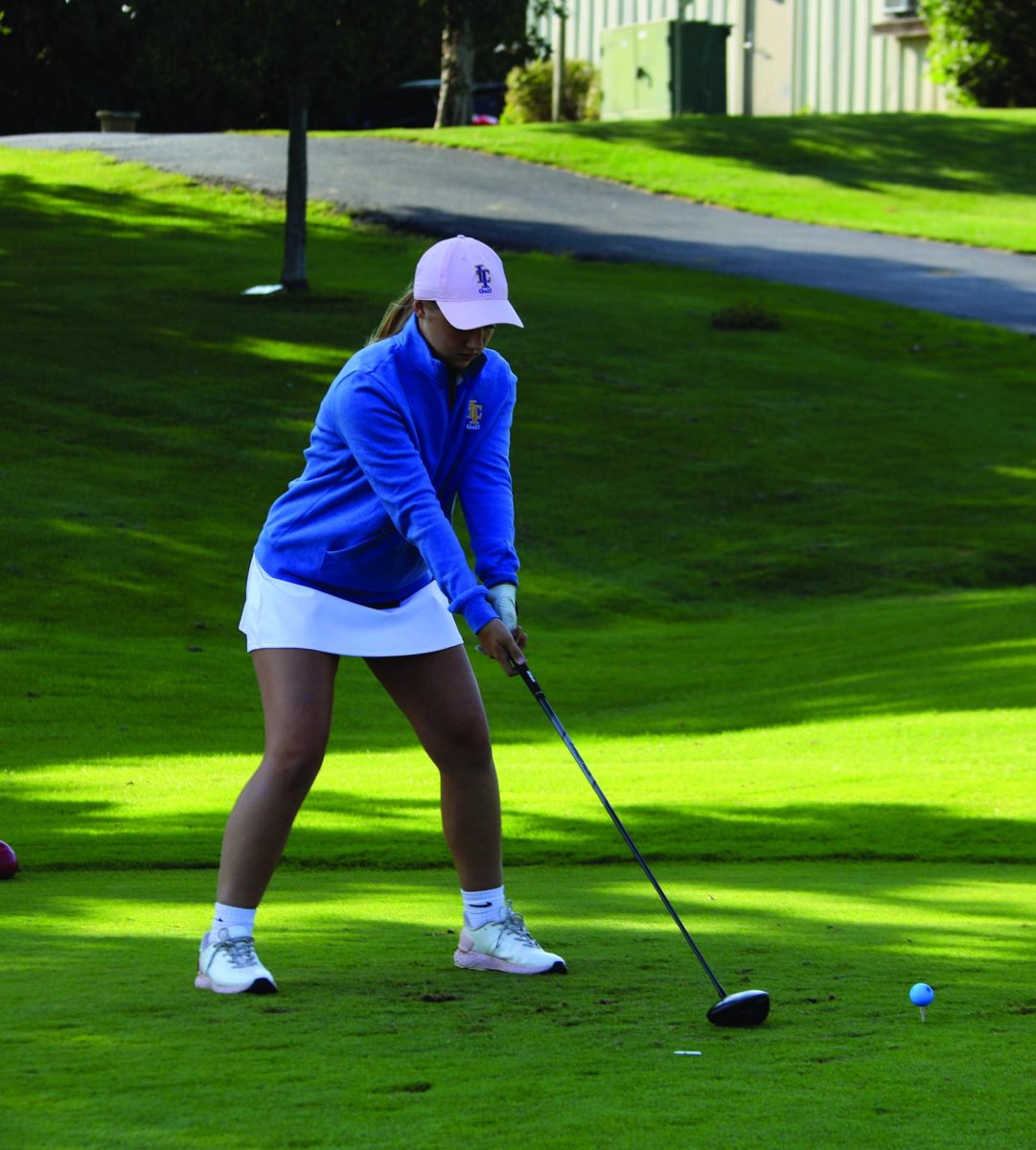




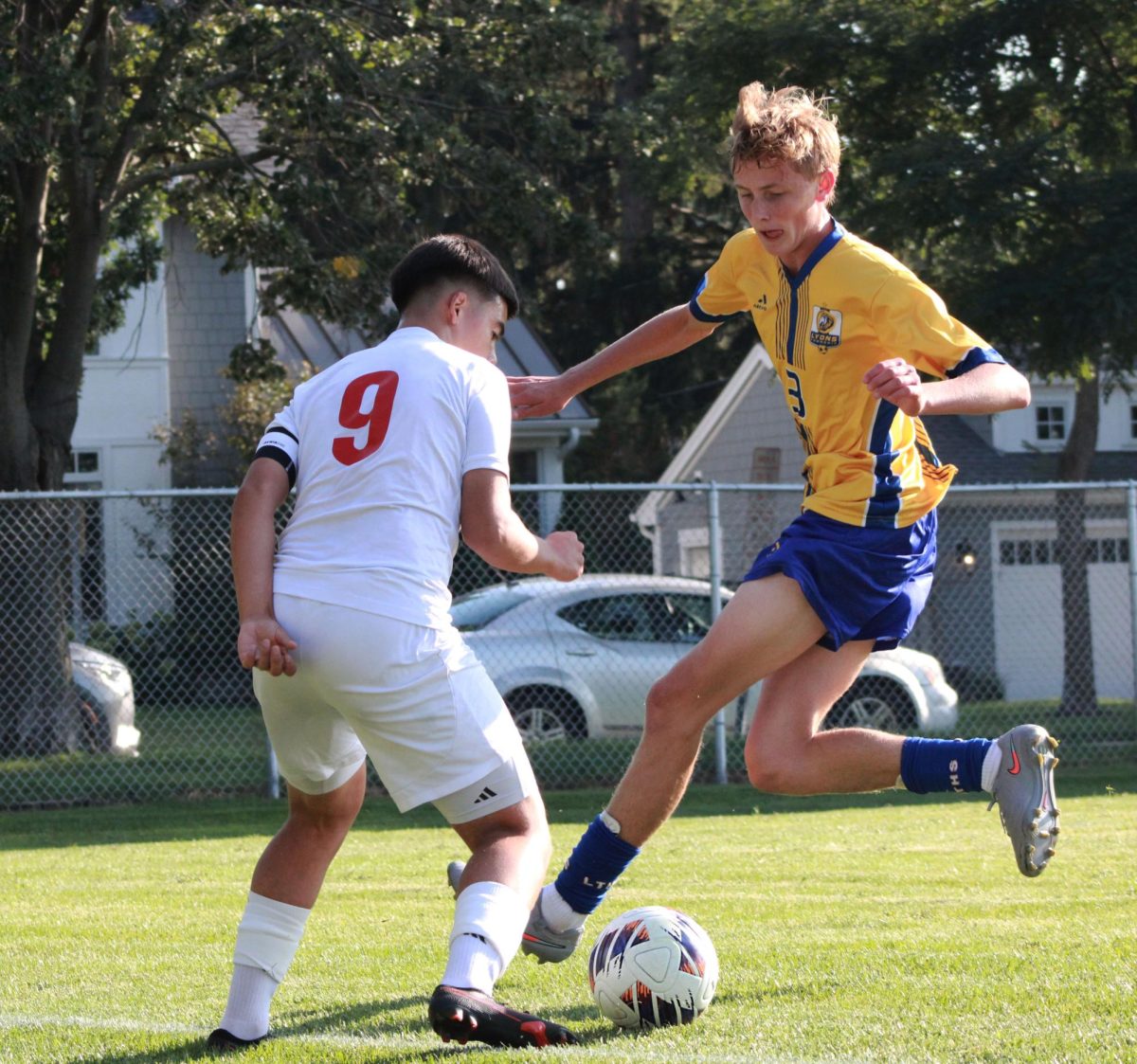
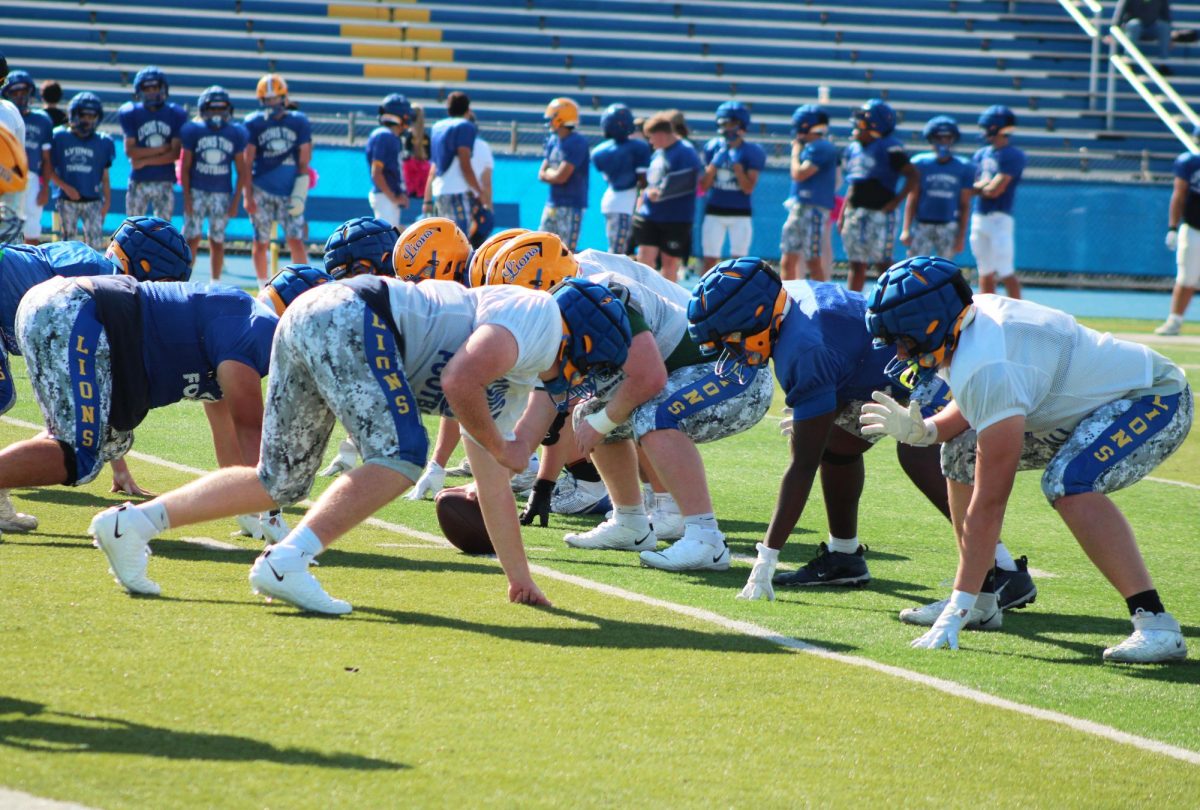




![Movie poster for '[Rec]" (2007).](https://www.lionnewspaper.com/wp-content/uploads/2023/04/rec-640x900.jpg)




